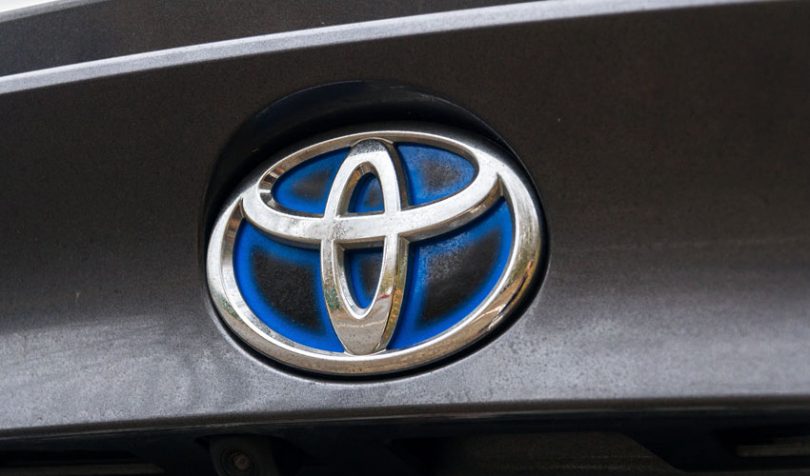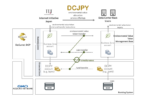Last week Toyota announced plans to use blockchain for a prosumer electricity trading test with the University of Tokyo and TRENDE. The project will explore electricity trading amongst individuals and businesses where solar panels generate the power which is stored in secondary batteries and electrified vehicles.
Japan is perhaps the most active region where blockchain is being explored for electricity trading and smart grids.
In Japan following the 2011 tsunami, all nuclear plants were shut down for several years. In 2015 some nuclear reactors started to come back online, but as of February 2019, only a small fraction were running, with many in the process of restarting. Some of those restarts are in doubt because of delays in complying with anti-terrorism measures.
As a result, Japan imports 90% of its energy. Hence renewable energy and smart grids have become a priority.
With the Toyota project, the aim is to explore the economic appeal of prosumer trading. There will be an electricity exchange, and the energy will be priced according to supply and demand. Given electricity consumption is very prone to peaks in demand, it will be possible to generate and store energy during off-peak periods and sell it when demand is high. The electricity can be stored in the batteries of electric vehicles.
To automate the process, the test involves installing AI-powered electricity management systems in homes and businesses. This will place buy and sell orders on behalf of the consumer or business. Additionally, it involves predicting how much power will be generated, and also how much energy the electrified vehicle might consume based on typical cruising ranges.
Shortly before the Toyota announcement, the Nikkei Asian Review revealed that Honda and General Motors are exploring a similar initiative for using electrified car batteries in a smart grid.
Honda and GM are conducting the test with the mobility open blockchain initiative (MOBI) which was founded by Chris Ballinger, formerly director of mobility services at the Toyota Research Institute. MOBI has several car makers as members, including BMW, Ford, General Motors, Honda, and Renault. But not Toyota.







